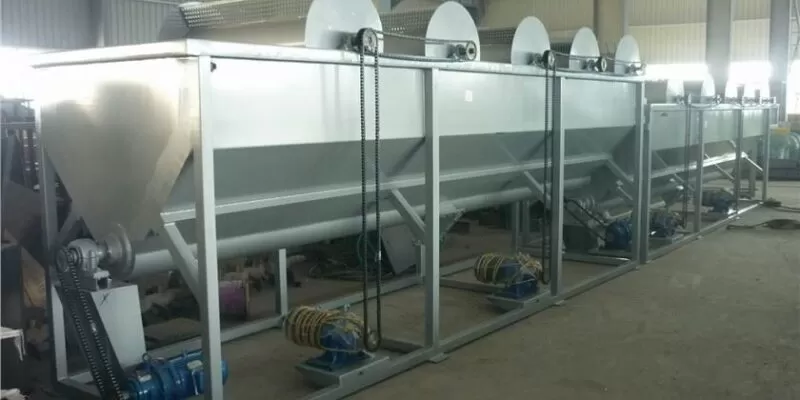In today’s environmentally conscious world, plastic waste management is a global challenge that requires innovative solutions and consistent policies. As the CEO of Amige, I’ve observed first-hand how countries around the globe strive to mitigate the effects of environmental pollution through effective recycling strategies.

Venezuela, with its unique economic and environmental challenges, has a complex relationship with plastic recycling. The country faces significant hurdles in managing its plastic waste, but there are promising methods on the horizon to enhance its recycling capabilities.
Maintaining a clean environment while fostering economic stability in Venezuela is crucial. Let’s dive deeper into the current state of plastic recycling in this vibrant country.
What Is the Current State of Plastic Recycling in Venezuela?
Venezuela’s recycling efforts are hindered by economic hardships, lack of infrastructure, and political instability. The existing recycling facilities are sparse and often lack the capacity to handle the volume of waste generated. This inefficiency leads to increased environmental pollution and missed opportunities for economic benefits derived from recycled materials.
How Significant Is the Problem of Plastic Waste in Venezuela?
The problem is profound. Urban areas are particularly affected, where the accumulation of plastic waste contributes to public health issues and environmental degradation. Informal waste collectors, despite their crucial role in the waste management ecosystem, face unsafe working conditions without formal recognition or support.
What Are the Major Barriers to Effective Plastic Recycling in Venezuela?
The foremost barriers include inadequate waste segregation systems, limited public awareness about recycling, and insufficient governmental support. Financial constraints and the absence of modern recycling technology further exacerbate the situation, leaving much of the recyclable materials either incinerated or dumped in landfills.
How Can These Barriers Be Overcome?
Innovative and scalable solutions are needed. Strengthening the recycling infrastructure through public-private partnerships could bring about significant improvements. Additionally, implementing national policies that incentivize recycling can encourage businesses and consumers to participate in more sustainable waste management practices.
What Role Can International Cooperation Play?
International aid and cooperation can provide the necessary support to jumpstart Venezuela’s recycling initiatives. Assistance from global environmental organizations in terms of funding, expertise, and technology transfer is crucial to developing a robust recycling industry.
What Are the Economic Opportunities in Improving Plastic Recycling?
Improving plastic recycling not only mitigates environmental impact but also boosts the economy. By refining recycling processes, Venezuela can reduce raw material costs, create jobs in the new green economy, and open up international markets for recycled products.
Conclusion
Venezuela’s journey towards effective plastic recycling is fraught with challenges, yet it is laden with untapped potential. By addressing the infrastructural needs, fostering public and private sector cooperation, and seeking international support, Venezuela can transform its plastic waste into a resource that supports both the environment and the economy.
